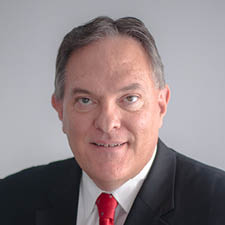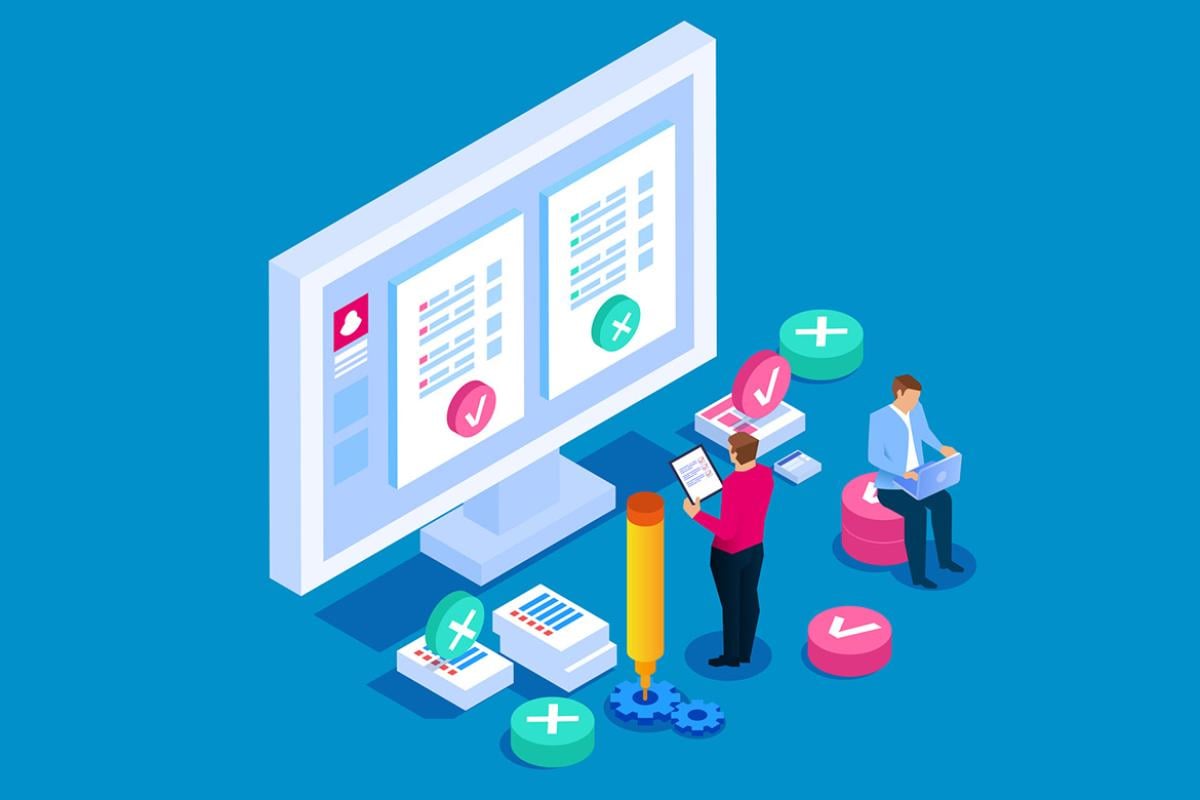As a medical student, do you ever wonder what it’s like to specialize in occupational medicine? Meet AMA member Douglas Martin, MD, an occupational medicine physician and a featured doctor in the AMA’s “Shadow Me” Specialty Series, which offers advice directly from physicians about life in their specialties. Check out his insights to help determine whether a career in occupational medicine might be a good fit for you.
The AMA’s Specialty Guide simplifies medical students’ specialty selection process, highlight major specialties, detail training information, and provide access to related association information. It is produced by FREIDA™, the AMA Residency & Fellowship Database®.
Learn more with the AMA about the medical specialty of occupational medicine.
“Shadowing” Dr. Martin (@OccDocDMMD)
Specialty: Occupational medicine.
Practice setting: Hospital-owned freestanding clinic.
Employment type: Employed by hospital.
Years in practice: 26.
A typical day and week in my practice: Occupational medicine varies widely regarding practice type and day-to-day activities. Being a corporate medical director, taking care of work-related injuries, focusing on toxicology, being a medical review officer, managing work fitness, and performing medicolegal evaluations are all different focus areas. I am primarily a clinic-based doctor.
My community is large enough to need an occupational doctor who does everything, but not large enough to need more than one. This means that I get to wear all the above “hats.” On a usual day, I will see 10 injury or follow up injury appointments, one or two medicolegal exams, one or two fitness for duty exams and two to three regulatory exams (pilot physicals, truck-driver physicals, etc.).
I work from 8 a.m. to 5 p.m. every day except Thursday, where I have that afternoon “off.” Although I usually use that time for administrative tasks or participating in my many volunteer physician opportunities.
The most challenging and rewarding aspects of occupational medicine: Patients who are injured who do not respond to conventional treatment. This usually means that there are other reasons for their lack of recovery than ones that can be explained by anatomy and physiology. This is what makes occ med interesting.
Being able to figure those issues out—the ones that I just described above—and correct them is the most rewarding aspect of occupational medicine.
How life in occupational medicine has been affected by the global pandemic: Occupational medicine physicians concentrate on the health and safety of the workforce. COVID-19 has redirected our focus in occupational medicine to establishing a preventive mindset. This involves screening and mitigating strategies. I was involved, for example, in crafting measures that can be used in the meatpacking industry. Think about how you physically distance a 5,000-employee facility. It is not easy. Staggered entry in the plant, staggering breaks and meals are just some of the examples.
We continued to maintain an active clinic during the pandemic. Work-related injuries don’t magically disappear in a pandemic and people need to get cared for. An occ med clinic is the appropriate place. You cannot shut down your clinic and send these folks to the ER or urgent care because that is where the sick people are with COVID. It is all about prevention and prioritization.
The most challenging aspect of occupational medicine during the pandemic: Working within a hospital structure that had mandatory layoffs across the board. No department was spared. At a time when we needed all hands on deck, we had a reduction in nursing and support staff. This was tough.
We are now back to normal staffing, but right now my primary nurse is out with COVID-19. It seems like there is a new COVID-19-related issue that we must deal with every single day. Many of us in occ med also are public health docs. I am a county public health superintendent, so there have been obvious challenges with testing resources, appropriate implementation of guidelines, trying to help schools, etc.
The long-term impact the pandemic will have on occupational medicine: I would hope that there will be an increased focus and emphasis on our specialty and our importance in total worker health and safety. Occupational medicine docs have the training to deal with mass effects on employees, whether that is infectious disease, exposure, mass casualty, etc. As we always preach, prevention is important.
As is often the case, there is not much public attention paid to the preventive medicine specialties until something happens and then we are sorely needed. We do need to significantly improve the public health infrastructure of our nation. I hope this pandemic experience makes that a realization, so that we can do better the next time around.
Three adjectives to describe the typical occupational medicine physician: Adaptable. Communicative. Multitasker.
How my lifestyle matches, or differs from, what I had envisioned: It doesn’t really, although I did not know that I would be so heavily involved in the leadership of physician organizations. Being an occupational doctor allows me to attend my kids’ activities and be able to participate in many volunteer organizations.
Skills every physician in training should have for occupational medicine but won’t be tested for on the board exam: How to do a good history and physical. Being able to communicate to a wide variety of stakeholders.
One question physicians in training should ask themselves before pursuing occupational medicine: Do you understand the real definition of patient advocacy?
Books every medical student interested in occupational medicine should be reading:
- Blink: The Power of Thinking Without Thinking, by Malcom Gladwell.
- Outliers: The Story of Success, by Malcom Gladwell.
- The Sum of Our Discontent: Why Numbers Make Us Irrational, by David Boyle.
These will give you a completely different perspective on occupational doctors and how we make a difference.
The online resource students interested in occupational medicine should follow: The American College of Occupational and Environmental Medicine.
Quick insights I would give students who are considering occupational medicine: Do not be shy. We need you.
Mantra or song to describe life in occupational medicine: William Jennings Bryan, fellow Nebraskan: “Destiny is not a matter of chance; it is a matter of choice. It is not a thing to be waited for, it is a thing to be achieved.”




